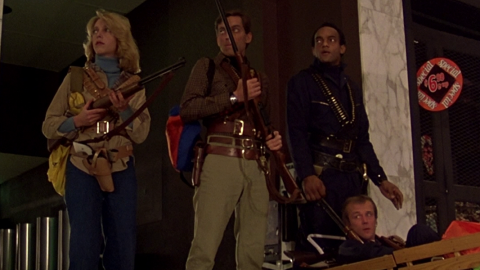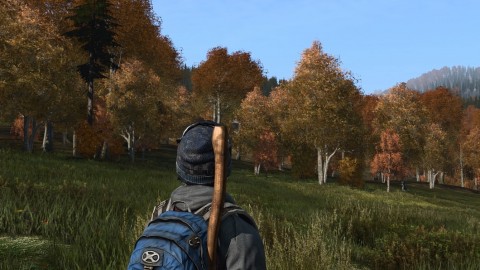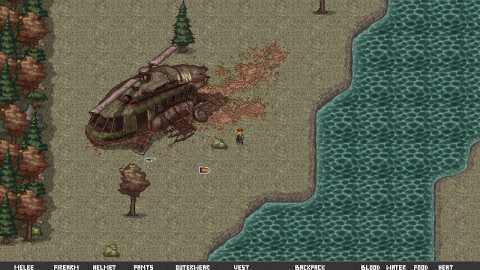
The unified theory of all zombie fiction
The core of all zombie fiction isn’t brains. It’s heart

The core of all zombie fiction isn’t brains. It’s heart

Trek through the heart of a nation.

The zombie apocalypse of DayZ has unintentionally recreated the real dead zone just outside my childhood bedroom window.

I’d been playing DayZ for no longer than two hours when it first happened to me. Jogging tired and hungry across knackered pastures, I heard a gunshot ring out into the air; an enormous clap that could only have come from a deadly long-range rifle. I dived into the xeric dirt and stayed still. After about a minute, he came over speaking hurriedly in pidgin English. All I understood of it was “don’t fucking move.” So I didn’t. He took my measly pickings: a tin of baked beans found next to a grimy stove, and a flashlight that was stuffed…

But what does that future look like?

Games need to talk more to other disciplines.

“Whatever you choose, the outcome is likely to be part success and part tragedy.”

All those morally bankrupt deeds we see in games, like being a total creep in DayZ, could actually make players more emotionally intelligent human being, believe it our not. This is according to a new study from researchers at the University at Buffalo, which shows that performing dick moves in virtual environments of games increases one’s moral sensitivity. Simply put, because you’re ruminating on bad deeds, you may be less likely to do them in reality. Surprisingly, subjects felt guiltier about immoral behavior after having played a shooter in which they behaved in ways that violated cultural norms regarding fairness,…

Videogames subsume “that kid.”